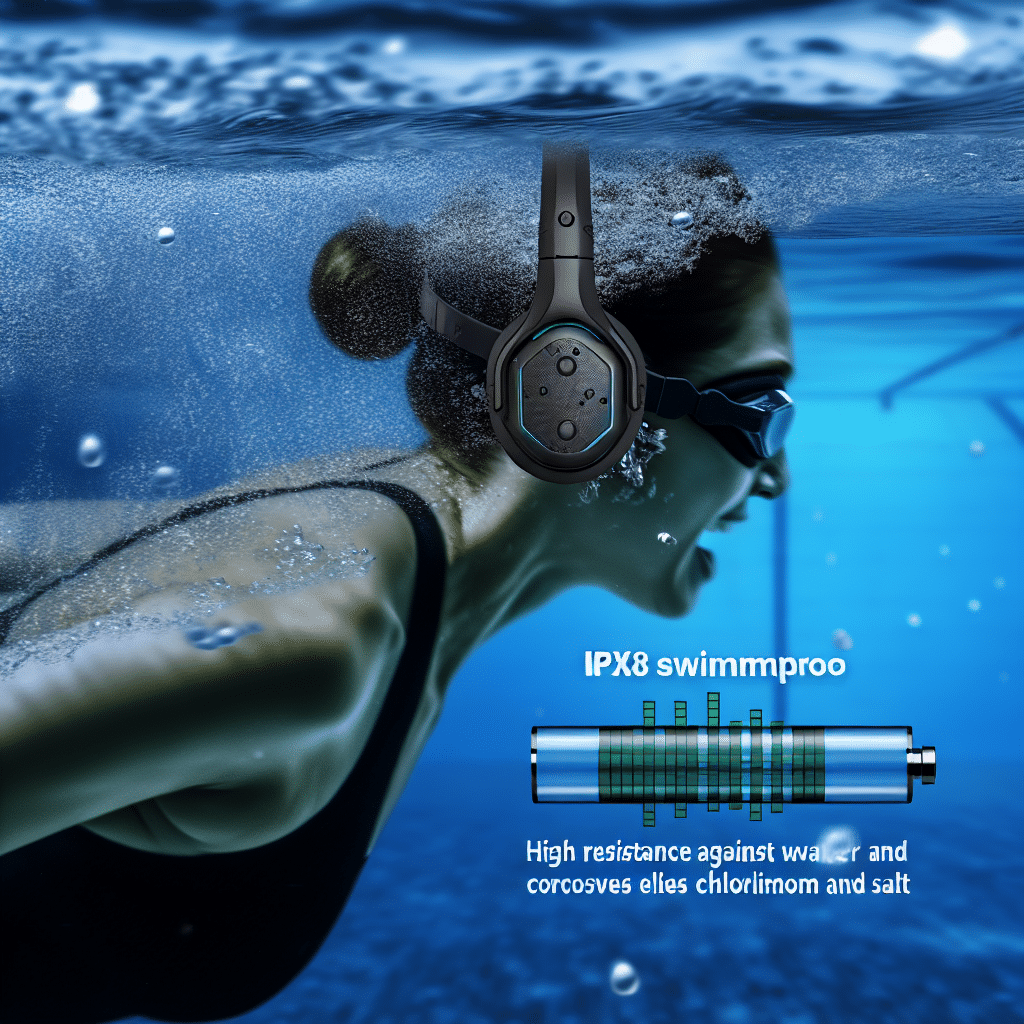Dreaming of a crystal-clear pool this summer, but dreading the thought of sky-high prices or empty shelves for chlorine? You’re not alone. The swimming pool chlorine shortage has become an annual summer headache, leaving countless pool owners and operators scrambling for solutions.
This isn’t just about inconvenience; it’s about keeping your pool safe, sparkling, and ready for family fun without breaking the bank. Understanding the root causes of this ongoing crisis and adopting smart strategies is key to a stress-free swim season. Let’s dive into why your essential pool chemical is so hard to find and what you can do about it.
The Unfiltered Truth: Why Is Your Pool Chlorine So Hard to Find?
The persistent swimming pool chlorine shortage isn’t a random event; it’s the result of a perfect storm of circumstances that hit the industry hard and continue to ripple through the supply chain. Two major factors stand out as primary contributors to this ongoing challenge.
The Pandemic-Powered Pool Boom (and Bust)
When the COVID-19 pandemic forced lockdowns and travel restrictions, many families turned their backyards into personal retreats. This led to an unprecedented surge in demand for home swimming pools and, consequently, a massive increase in the need for pool sanitizers like chlorine.
Manufacturers struggled to keep pace with this sudden explosion in demand, rapidly depleting existing chlorine supplies. Even as pandemic restrictions eased, the residual effect of this demand spike continues to impact availability and pricing.
The Bio-Lab Blaze: A Critical Supply Chain Meltdown
Adding fuel to the fire – quite literally – was a devastating incident at the Bio-Lab factory in Louisiana. In August 2020, Hurricane Laura triggered a catastrophic fire at this major supplier of chlorine-based products, including trichlor tablets (trichloroisocyanuric acid).
The destruction of this crucial facility significantly hampered chlorine production capacity for years. Rebuilding and restoring operations takes time, creating a bottleneck in the chlorine supply chain that continues to affect markets across the globe.
More Than Just a Price Hike: The Consequences of the Chlorine Crisis
The ripple effects of the chlorine shortage extend far beyond just an inconvenience. Pool owners and operators are grappling with significant financial burdens and serious health and safety implications.
Empty Shelves, Exploding Prices
The basic economic principle of supply and demand has hit the pool chemical market hard. Limited availability coupled with high demand has driven the price of chlorine sky-high. Many regions have reported chlorine prices tripling or even quadrupling compared to pre-shortage levels.
This escalating cost puts immense financial pressure on homeowners and poses a significant challenge for public pools, resorts, and recreational facilities trying to maintain affordable access for their communities.
A Dive into Danger: Hygiene and Safety Risks
Chlorine is the cornerstone of effective pool sanitization, essential for neutralizing harmful bacteria, viruses, and algae. A shortage of this vital chemical can compromise pool hygiene, turning a refreshing swim into a potential health hazard.
Inadequately sanitized pools can lead to recreational water illnesses (RWIs) like skin rashes, ear infections, and gastrointestinal issues. Maintaining proper pool water chemistry, even with reduced chlorine access, is paramount for swimmer safety.
Your Lifeline: Smart Strategies to Beat the Chlorine Shortage
While the swimming pool chlorine shortage presents a formidable challenge, you’re not powerless. By adopting proactive and intelligent strategies, you can maintain a clean, safe, and enjoyable pool all season long. Here’s how to navigate the chlorine crisis:
Embrace Chlorine Alternatives: Sanitize Smarter
Consider exploring these alternative pool sanitization methods, many of which can significantly reduce or even eliminate your reliance on traditional chlorine products:
- Saltwater Chlorine Generators: These systems convert dissolved salt into chlorine right in your pool, providing a consistent supply without needing to add chlorine tablets or granular products. They offer softer water and often a more stable chlorine level.
- UV Sanitization Systems: UV (ultraviolet) light systems effectively neutralize bacteria, viruses, and other pathogens as water passes through a chamber. While they don’t replace chlorine entirely, they can reduce your chlorine demand by 50-70%.
- Ozone Generators: Ozone is a powerful oxidizer that kills contaminants quickly. When paired with a small residual amount of chlorine, ozone can dramatically improve water quality and reduce overall chemical usage.
- Mineral Systems (e.g., Nature2, Frog Systems): These cartridge-based systems use minerals like silver and copper to control bacteria and algae. They work alongside a much lower level of chlorine, making your existing supply last longer.
Optimize Your Current Chlorine Use
If you’re still relying on traditional chlorine, smart usage can help you stretch your supply further and maintain optimal water quality:
- Regular Water Testing: Don’t guess! Test your pool water frequently for pH, alkalinity, calcium hardness, and chlorine levels. Balanced water chemistry ensures your chlorine works most efficiently.
- Maintain Proper pH: Chlorine is most effective when your pH is between 7.4 and 7.6. A high pH renders chlorine much less potent, essentially wasting your precious supply.
- Use a Pool Cover: Covers reduce chlorine evaporation significantly, especially on sunny days. They also keep out debris, reducing the organic load that chlorine needs to fight.
- Clean Your Filter Regularly: A dirty filter means your pump has to work harder, and it’s less effective at removing contaminants. A clean filter helps chlorine do its job more efficiently.
- Shock When Necessary: Don’t under-shock or over-shock. Only use shock treatment when levels are low, after heavy use, or when dealing with algae.
Smart Purchasing & Storage
While panic buying exacerbates the shortage, strategic purchasing is wise. If you find chlorine at a reasonable price, consider buying enough for the season – but always store it safely according to manufacturer guidelines, in a cool, dry, well-ventilated area away from other chemicals.
The Future of Pool Care: Adapt, Innovate, Enjoy!
The swimming pool chlorine shortage is more than just a temporary inconvenience; it’s a catalyst for innovation in the pool industry. This ongoing challenge encourages pool owners to explore more sustainable and efficient methods of pool sanitization.
By understanding the causes and actively embracing alternative technologies and optimized maintenance practices, you can ensure your pool remains a source of joy and relaxation, no matter the market conditions. Adapt, innovate, and continue to enjoy your perfect summer oasis!



